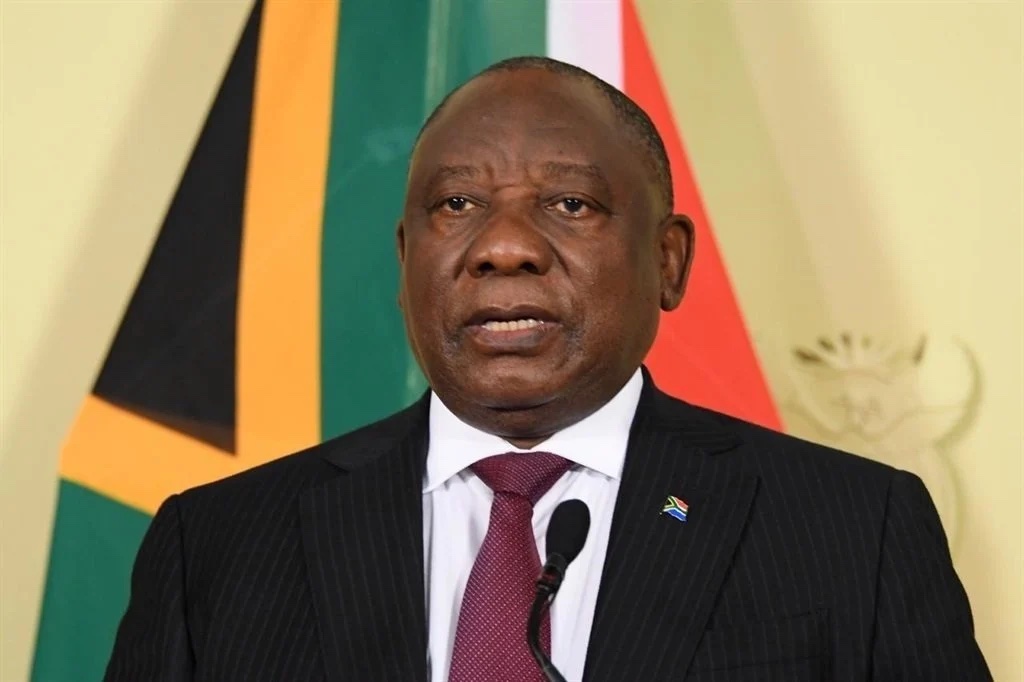Last week the UK government decided to scrap the controversial red list and removed the 11 African countries that had been subjected to the travel ban, among them South Africa. UK nationals will no longer be required to quarantine upon arrival back in the country while non-UK nationals also won’t be required to quarantine.
Vaccinated travellers coming into the UK will still be required to provide a negative PCR-test upon departure and another negative test after two days in the UK, another costly measure but better than forking out the money for 10 days in a quarantine hotel.
There is a relief for South Africans who may still want to visit their families over the holidays and likewise for British citizens who want to visit their loved ones in SA. But the damage to the tourism and aviation industry has been done and the continued presence of travel bans imposed on SA from other European countries has the industry on its knees begging for its life.
Ironically, France has banned UK travellers from entering the country because of the spread of the omicron variant in the UK while Germany requires all UK travellers to quarantine for 10 days in a hotel.
Within 48 hours of the UK placing South Africa on the red list following the detection of the omicron variant of the coronavirus, a staggering R1 billion in bookings were cancelled and the continued presence of travel bans could cost the SA tourism sector R25 billion and place 200 000 jobs on the line.
The Tourism Business Council of South Africa (TBCSA) CEO, Tshifhiwa Tshivhengwa, released a letter on Friday acknowledging the need for a travel ban when omicron was detected to give governments time to make adequate plans to mitigate the risk but he also asked for those bans to be lifted.
“We are now calling for the EU to re-instate travel between South Africa and your countries on the basis that high infection rates in over 50 countries across the world mean a person is as likely to catch the Omicron variant in Amsterdam, Berlin, Brussels, or Paris or as they are in Johannesburg or Cape Town,” he wrote.
He added, “Travel bans have become redundant in the face of this reality. I cannot overstate the negative impact this travel ban is having on our industry, local communities, and conservation efforts, particularly over our all-important Christmas holiday period.”
Travel bans aren’t supported by scientific evidence and are largely driven by political decisions that are often discriminatory in nature. What’s more, this surely won’t be the last time the coronavirus mutates, and the world will have to deal with yet another variant.
When that happens what are the UK, Europe and the rest of the world going to do then? Will they simply reinstate travel bans in a knee-jerk reaction just as they did with the omicron variant? Leaving thousands of people stranded and placing an unnecessary financial burden on those who do manage to return home?
Independent analyst Chris Gilmour sees vaccine passports as one of the solutions, rather than imposing travel bans every time a new variant is discovered.
“That better way probably revolves around the issuing and acceptance of vaccine passports, notwithstanding the attendant perceptions associated with abuse of civil liberties. Up until the current Omicron upsurge, many European countries accepted proof of vaccination as the only criterion required for entry across their borders. Unvaccinated individuals were required to produce negative PCR tests less than 72 hours before departure. So it was certainly an incentive to get fully vaccinated,” writes Gilmour.
And that really is our best option considering the financial costs and time associated with having to get a PCR test every time you want to travel out of the country and possibly get another test done once you arrive at your destination.
Not to mention the obvious, getting vaccinated will certainly help your cause if you’re wanting to travel during the pandemic, which will no doubt be with us for the foreseeable future.
Here’s a roundup of interesting opinions, analyses, and editorials:










